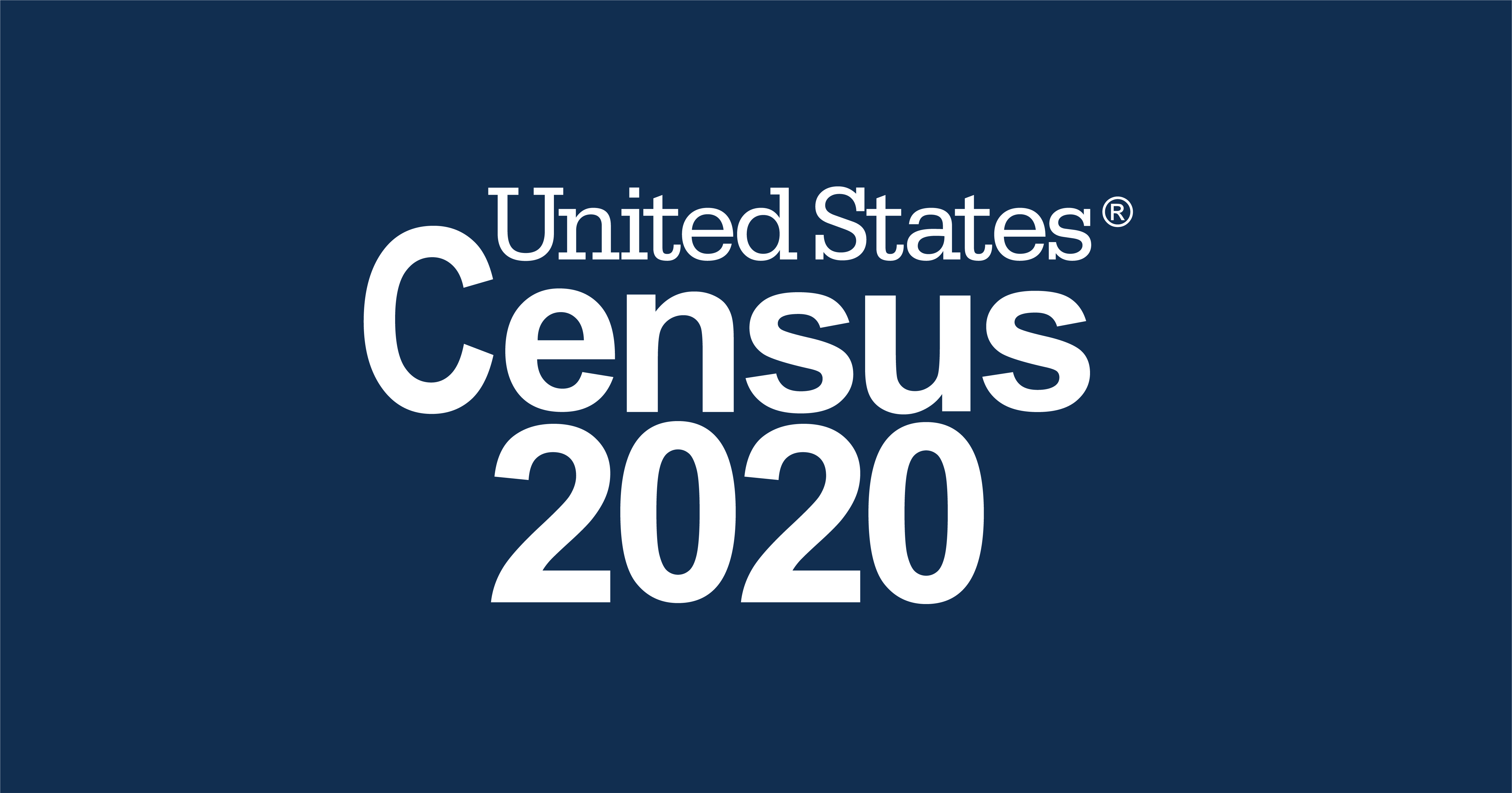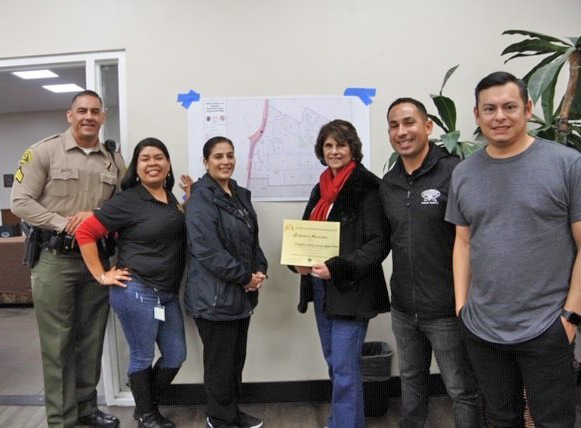The 2020 Census this April asks questions that provide a snapshot of the nation. Census results affect your voice in government, how much funding your community receives, and how your community plans for the future.
Everyone will be receiving invitations to take part and reminders starting this month.
When you fill out the census, you help:
Determine how many seats your state gets in Congress.
Guide how more than $675 billion in federal funding is distributed to states and communities each year.
Create jobs, provide housing, prepare for emergencies, and build schools, roads and hospitals.
Numbers
The Census asks how many people live at an address to collect an accurate count so state and local officials can draw boundaries for congressional districts, state legislative districts, and school districts.
A phone number is requested in case you need to be contacted for official Census Bureau business. Your number is never shared.
Names are asked for to ensure everyone in the house is counted.
Asking about the sex of each person creates statistics used to ensure that government programs and policies fairly and equitably serve the needs of males and females. These statistics are also used to enforce laws, regulations, and policies against discrimination in government programs and in society.
Age and date of birth help determine the size and characteristics of different age groups and are used to plan and fund government programs that provide assistance or services for children, working-age adults, women of childbearing age, the older population, and more. These statistics also help enforce laws, regulations, and policies against age discrimination in government programs and in society.
Ethnicity/Race
The Census asks whether a person is of Hispanic, Latino, or Spanish origin to create statistics needed by federal agencies to monitor compliance with antidiscrimination provisions, such as under the Voting Rights Act and the Civil Rights Act.
Data about a person’s race are needed by federal agencies to monitor compliance with the same antidiscrimination provisions. State governments use the data to determine congressional, state, and local voting districts.
The question about relationships in a household creates estimates used in planning and funding government programs that provide funds or services for families, people living or raising children alone, grandparents living with grandchildren, or other households that qualify for additional assistance.
Confidentiality
Your responses to the Census are safe, secure, and protected by federal law.
According to the Federal government, your Census responses cannot be used against you by any government agency or court in any way—not by the Federal Bureau of Investigation, not by the Central Intelligence Agency, not by the Department of Homeland Security, and not by U.S. Immigration and Customs Enforcement.
To learn more, visit census.gov.















